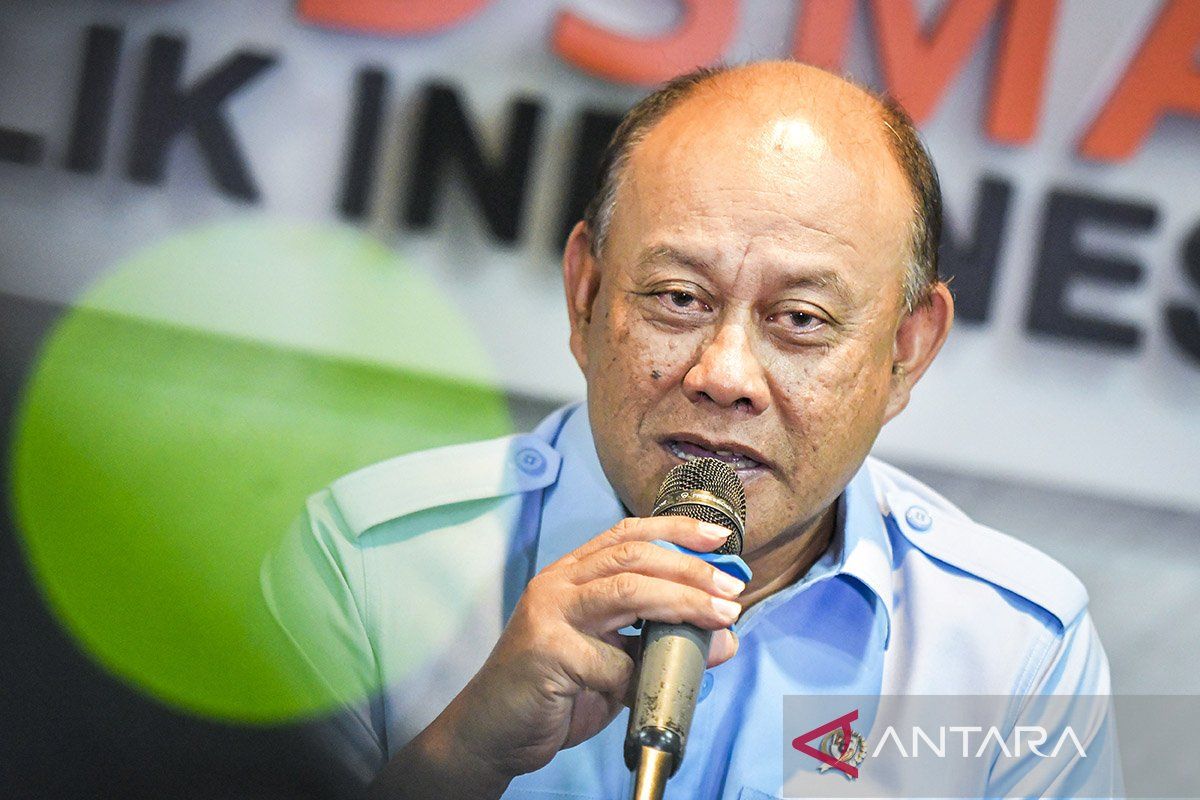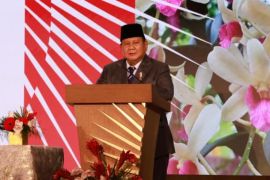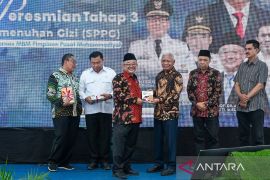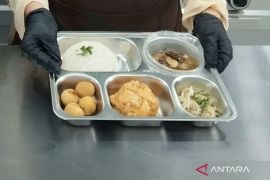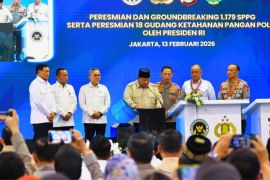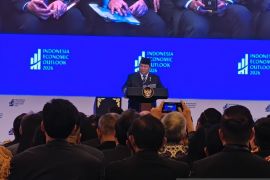Launched on January 6, 2025, under the Prabowo Subianto–Gibran Rakabuming Raka administration, the program targets students from early childhood to high school, as well as pregnant women, breastfeeding mothers, and toddlers.
The National Nutrition Agency (BGN) said 12,528 Nutrition Fulfillment Service Units (SPPG)—kitchens that produce the meals—are now operating across the country. The units are key to ensuring access to nutritious food and raising public nutrition standards.
“The achievement of over 12,500 active kitchens shows the government’s strong commitment to running the program effectively and equitably,” BGN Head Dadan Hindayana said in a statement.
Each SPPG operates under strict hygiene and safety standards and serves as a community kitchen preparing and distributing meals. Expansion continues in remote and underdeveloped regions, known locally as 3T areas.
Related news: Indonesia trains 30,000 MBG food handlers to boost nutrition standards
“We are working to ensure equal nutritional access nationwide. No one should be left behind,” Hindayana said.
The MBG program has emerged as one of the administration’s flagship social initiatives, aiming to improve the nation’s overall welfare by addressing food security and childhood nutrition.
Beyond health impacts, the program has also spurred job creation. Thousands have been employed directly in the kitchens, including cooks, delivery workers, and administrative staff.
It has also boosted local economies. The supply chain includes micro, small, and medium-sized enterprises (MSMEs) providing ingredients, packaging, and spices.
Industries supporting the program, such as food container makers, kitchenware suppliers, and producers of food safety test kits, have also seen increased demand, according to the agency.
Related news: Indonesia enforces 'zero defect' policy for free meal program
Translator: Lintang Budiyanti, Kuntum Khaira
Editor: Rahmad Nasution
Copyright © ANTARA 2025
